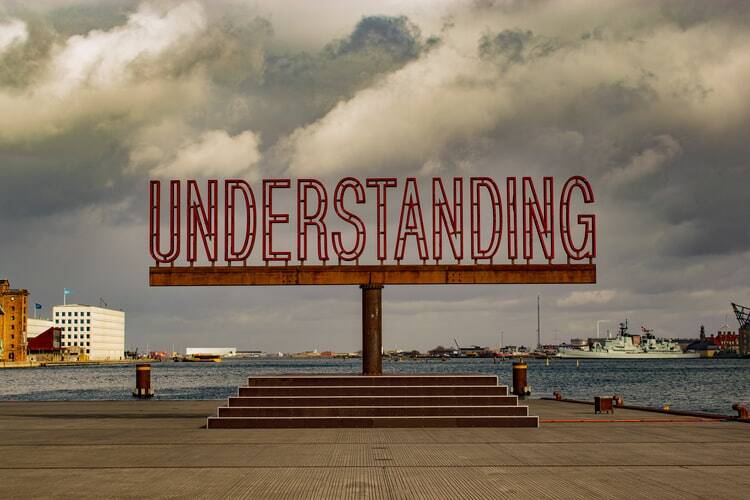
One of the biggest sources of pain in life is the feeling of not being understood. When we don’t feel understood by others, we tend to become angry, resentful, and disconnected. The problem is that the world, in general, is not an understanding place. It looks at outcomes only (bottom-line mindset), judges superficially, and does not appreciate the context and diversity of people’s personalities and backgrounds. There are a few thoughts that have helped me navigate this challenge.
Understanding Other Human Beings
People’s actions are based on their nature and life experiences. When we seek to understand people, we seek to identify the reason or story behind the way they are, whether that has to do with genetics, biography, or personality. Although our interactions with others may feel personal, in reality they would have treated anyone in our place, with the same characteristics as ourselves, in the same way.
A lot of people walk around angry with men, angry with women, angry with their parents, angry with their bosses, angry with individuals for the way they are or the things they’ve done. Understanding can help soften these emotions.
Understanding, to be sure, does not absolve anyone of responsibility. It is ultimately everyone’s job to rule their nature and interpret their experiences in a healthy and empowering way. However, understanding can alleviate a lot of the frustration we feel toward others and make it easier to love them.
There is a famous saying: Hurt people hurt people. It is often the case that people who mistreat others are merely perpetuating the way they were treated.
It may also be that those who lack understanding never received the gift of understanding from others themselves, and are simply not fluent in the language.
In other cases, people do not understand because their experiences are different than ours, and they cannot relate to who we are and how we think.
Today, try to put yourself in the shoes of those people who tempt you to resentment. You may realize that you might have acted similarly to them under very different life circumstances. Or, at the very least, it may now make sense to you why they are the way they are.
Achieving understanding does not solve our own need to be understood. However, when we achieve understanding, we tend to take things less personal and experience less frustration in our interactions with people. That is a huge accomplishment, and the inspiration behind the title of this article.
At the end of the day, how people act and react has almost always everything to do with them and very little to do with us.
For the complete archive of articles, click here.

